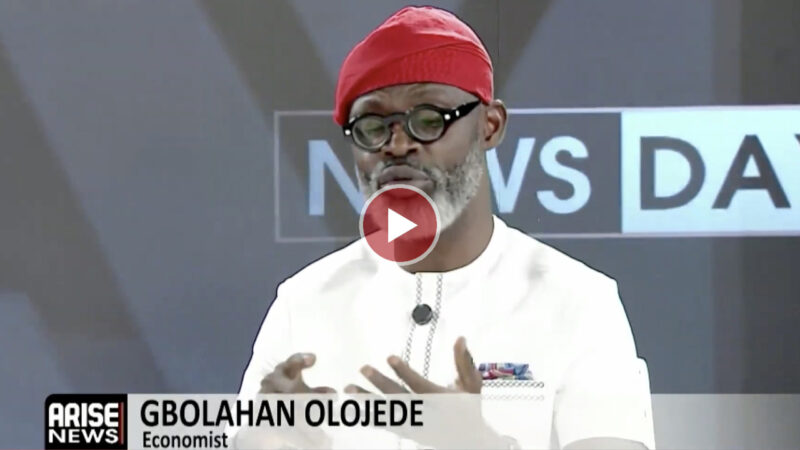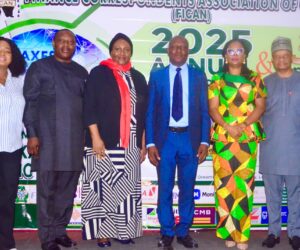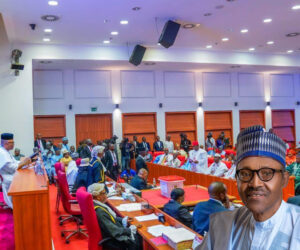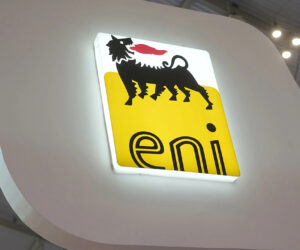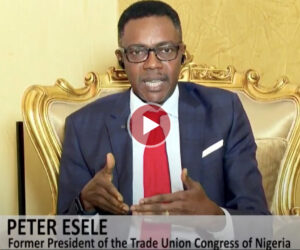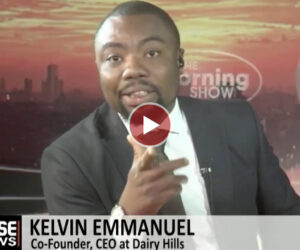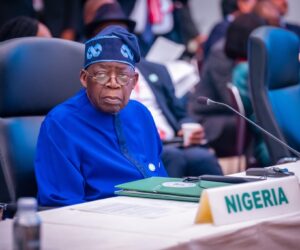Economist Gbolahan Olojede has warned that the Federal Government’s proposed 15 per cent import duty on petroleum products could reignite inflationary pressures and worsen the burden on already struggling consumers, urging the authorities to adopt a more transparent and measured approach.
Speaking in an interview with ARISE News on Tuesday, Olojede said while the government’s rationale for the new import duty protecting local industry and encouraging domestic production — was understandable, the policy needed to be properly explained and supported with clear data.
“Of course, the government gave a reason, but that reason needs to be interrogated properly. On the face of it, the idea is to protect the local industry and generate employment for Nigerians rather than for other economies. But the level of transparency in that industry remains a problem,” he said.
He questioned why local refineries were not producing at competitive rates despite earlier assurances that domestic refining would reduce costs.
“When we first discussed local refining, the idea was that it would make things cheaper — no importation, no freight charges, no foreign exchange costs. So why is local refining now producing at a higher cost profile than imported products? The current level of transparency doesn’t explain that,” Olojede said.
He added that if local refineries were producing a superior fuel, that argument should be clearly communicated.
“If the refinery is producing a higher-quality fuel, then it makes sense. Consumers should have a choice to pay a premium for better fuel or buy the regular one. But that information isn’t available, and we need to be more open about what we’re trying to do as a people,” he stated.
On the likely impact of the import duty, Olojede warned that it would directly increase petrol prices, as importers would pass on the cost to consumers.
“Fifteen per cent means roughly a 15 per cent increase in whatever you’re paying now. Importers will try to transfer as much of that cost as possible to consumers. But the same consumer is just recovering from the last price hike. Are Nigerians really ready for another push?” he asked.
Olojede cautioned that the increase could reverse the modest progress made in stabilising inflation in 2025 after high energy costs in the previous year.
“One of the reasons inflationary pressure eased in 2025 is because energy costs were lower than in 2024. If we now step those costs up again, we risk undoing the gains we’ve made. Even if this policy is necessary, we should wait and allow for more adjustment and stability before implementing it,” he said.
Addressing broader fiscal issues, Olojede acknowledged that the government was right to say Nigeria’s tax-to-GDP ratio is low but argued that citizens also have legitimate grievances about taxation.
“The government may be correct that tax revenue is low relative to the size of the economy. But the average Nigerian feels overtaxed because he cannot separate taxation from extortion. He’s paying money the government doesn’t even receive. From his end, he’s paying; from government’s end, it’s not being collected,” Olojede explained.
He said the new tax law offers an opportunity to address inequities in the system but warned that success would depend on political will.
“I’m hopeful the new tax law will improve tax equity, because what we have now isn’t fair. Middle-class Nigerians bear the bulk of personal income tax, while top earners, some of whom make the laws — are the biggest tax evaders. The more this economy has bestowed upon you, the more you should contribute back,” he said.
He added that measuring the performance of new fiscal and economic policies is crucial to ensure they achieve intended outcomes.
“When you deploy a new policy, you must measure it. You need to know if it’s delivering on its goals. If not, realign it properly,” he noted.
On the issue of smuggling, Olojede warned that higher import duties could incentivise illegal trade unless efficiency improves at the nation’s ports and borders.
“Every time you increase official costs, people will look for corners. Our ports are highly inefficient. If we can ensure quicker, more transparent port administration, people may not mind paying more. But if you raise costs without improving service, smuggling will rise,” he said.
He added that Nigeria’s porous northern borders remain a major challenge.
“There are thousands of unmanned borders through which illegal goods enter the country. It would be embarrassing if those remain open while we’re trying to tighten revenue measures,” he said, commending the current Interior Minister for progress on border-related reforms.
Olojede concluded by urging the government to balance fiscal ambition with social stability.
“We need to move toward sustainability, but we must do it transparently and with empathy for the people. Nigerians are still recovering — we should not burden them further until the system is ready,” he said.
Boluwatife Enome
Follow us on:

